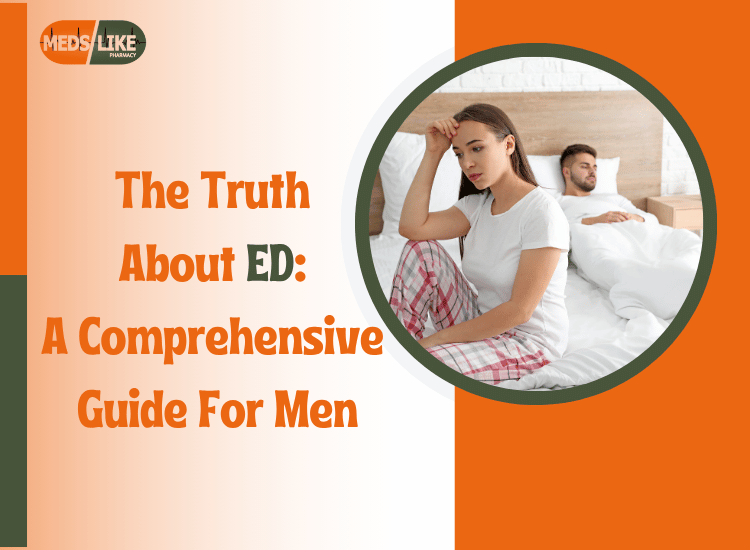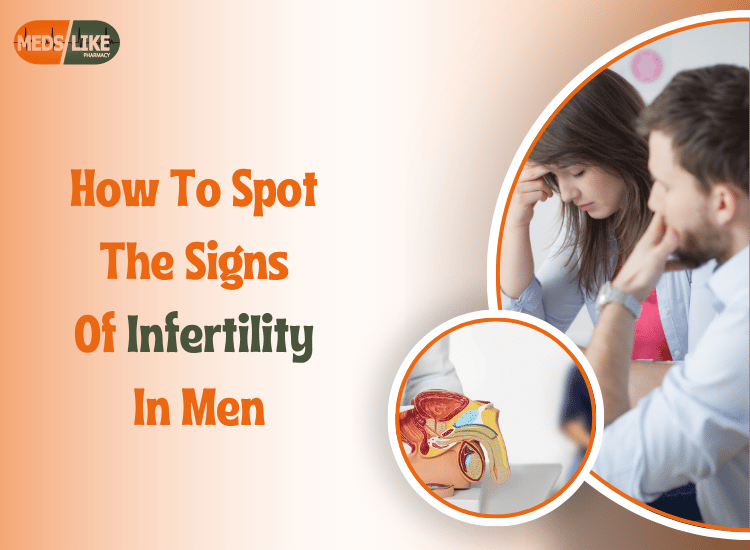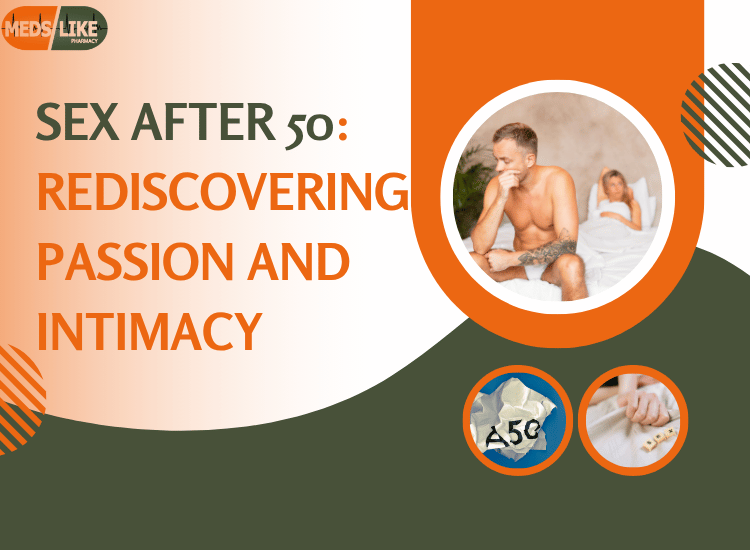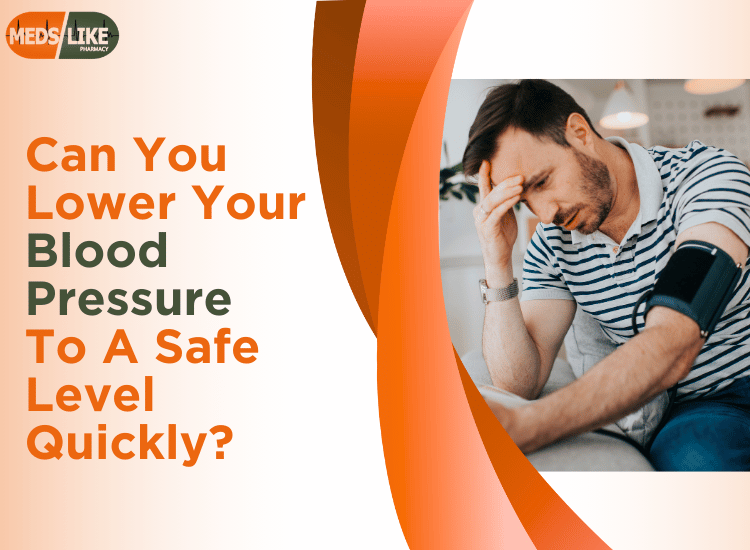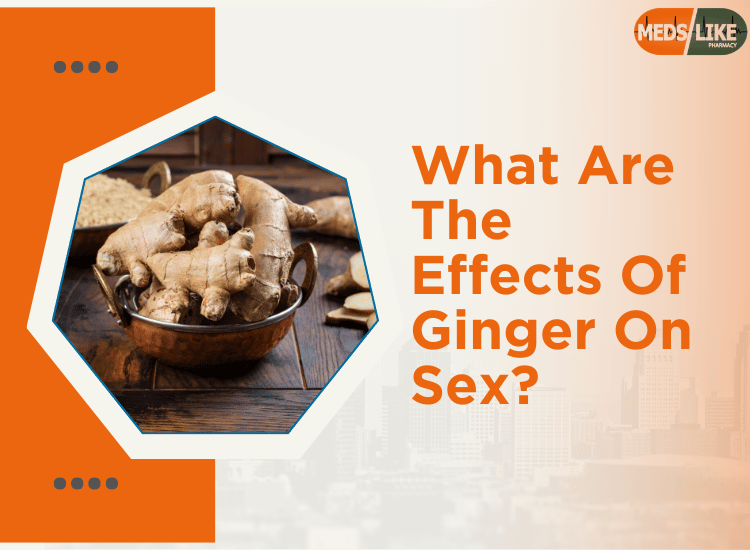Men and women both suffer from depression, albeit the symptoms are often extremely different. Because depressed males may appear angry or strong rather than sad, relatives, coworkers, and even doctors may miss the anger or aggression as depression symptoms. Men are also less likely than women to comprehend, discuss, and seek treatment for depression. Grief, on the other hand, affects a large proportion of guys.
What is Depression, Exactly?
Everyone appears to be sad or angry at times, and has trouble sleeping. However, these activities and issues normally fade away within a few days. Depression is a common yet serious mood disorder with potentially painful symptoms. Depression has an impact on one’s ability to feel, produce, and manage daily activities. Inflation, also known as substantial depressive dysfunction or clinical distress, is diagnose when a man exhibits symptoms for at least two weeks.
Both men and women have difficulties, but their readiness to discuss them may differ. Men and women may have significantly different panic symptoms, according to this belief.
Men who are grieving may appear bored and uninterested in work, family, or hobbies. They may be more prone to sleeping issues than women suffering from depression. Only a small percentage of puzzling health indications appears to represent physical issues. A racing heart, a stretching chest, persistent headaches, or digestive issues, for example, can all be signs of mental health issues. Many men are more inclined to visit their doctor for physical issues than for nervous concerns. The most prevalent cause of Erectile Dysfunction in males is depression. Activist is the most effective treatment for erectile dysfunction.
To deal with their emotional signals, some men may turn to drugs or alcohol. Furthermore, while women with depression are more likely to try suicide, men are more likely to commit suicide since they are able to utilize more dangerous methods.
Any man, regardless of age, can be affecter by depression. Most Men Health who are grieving may become more dependable and reengage in job, family, and hobbies with the right treatment.
“It was the end of my everyday routine. I couldn’t do anything since I lacked the necessary strength. I got up since my wife need to go to work and the dog need to be trained. The day would pass me by, and I had no idea where it had gone. I needed to get back on track with my routine. “All I wanted to do was be I again.”
What Are Male Depression’s Signs and Symptoms?
There are a variety of indicators that men exhibit when they are depressed. But the following are some of the more common:
- Aggression, rage, or violence
- I was frightened, tense, or “on the blade” as I stood there.
- Lack of interest in work, family, or formerly enjoyable activities
- Problems with attracting and performing sensually
- I had a melancholy, “empty,” flat, or hopeless feeling.
- I’m not qualified to analyses or remember information.
- Feeling exhausted, unable to rest, or finding relaxation to be too vital.
- Overeating or a lack of desire to eat
- Suicide attempts or thoughts of self-destruction
- Aches and pains in the body, headaches, or stomach problems
- Lack of ability to meet work, family, or other important activities’ requirements
- A desire to consume drink or use drugs
- Changing from relatives and coworkers to boosting lonely situations
- Not every depressed man fights with every symptom. Some men experience only a few symptoms, while others may experience a number of them.
The Record Common Natures of Depression are as follows:
Significant depression: It is characterize by depressive symptoms that interfere with a man’s ability to work, rest, study, eat, and enjoy other parts of life. A major depressive episode may only happen once in a person’s life. However, it is common for a person to have created multiple episodes. Significant distress can take the following forms:
Psychotic depression: It is characterize by intense pain that is link to deception or dreams (test or seeing people that are not beyond). These psychotic symptoms are link to depression. For example, a man may believe he is weak or poor when he is not, or he may believe he is ineffectual because he hears voices that are not actually speaking to him.
Seasonal affective disorder: It is characterize by depressive symptoms that worsen every year during the winter months when there is less natural sunlight.
Persistent depressive disorder: It is characterize by depressive symptoms that remain for at least two years but are less severe than major depression.
Minor depression: It is similar to major depression and chronic depressive disorder; however the symptoms are less severe and last less time.
Bipolar disorder is not the same as depression. This list has been compile in honor of a bipolar patient who has been experiencing unusually low moods. A person with bipolar illness, on the other hand, experiences fantastic high feelings (sometimes known as “mania”).
What Factors Contribute to Men’s Depression?
Depression is one of the many common mental illnesses in the United States. According to current research, depression is cause by a combination of risk factors, including:
Men with a family history of depression may be more likely to develop it than those whose family members do not suffer from it.
Economic hardships, the death of a loved one, a tumultuous relationship, significant life changes, professional challenges, or any other stressful events may cause panic in certain men.
Illness—depression can be brought on by a number of significant medical illnesses, including diabetes, cancer, heart disease, erectile dysfunction, and Parkinson’s disease. The best medications to treat erectile dysfunction include Tadalafil, Sildenafil, and Avanafil. Depression can also induce erectile dysfunction. Certain conditions can be made worse by depression, and vice versa. Medicines used to treat these conditions rarely have side effects that induce or worsen inflation.
What is the Treatment for Depression?
Men are notorious for not talking about their feelings, and in many cases, friends and family members are the first to notice that their favorer one is depresses. Colleagues and family members are require to assist and assist their love ones in visiting a physician or mysterious health professional for an evaluation. A physical or a lab test might be performer by a health professional to rule out other causes of depressive symptoms. He or she can also identify if certain medications are having an effect on the depression.
The doctor will need a detailer history of symptoms, including when they first appear, how long they lasted, how severe they were, whether they had occurred previously, and how they were treat. Any attempts at “self-medication” with alcohol, non-prescribe medicines, gambling, or high-risk behaviors must be disclose openly and impartially by the guy seeking assistance. Information about a family history of depression or other puzzling diseases should be include in a full history.
Depression is usually treat with medications or psychotherapy, or a combination of the two, after a judgment. Physical and mental health care are link in the increasingly popular “collaborative care” concept. A team of healthcare practitioners and management, including primary care physicians and technologists, is required for collaborative care.


